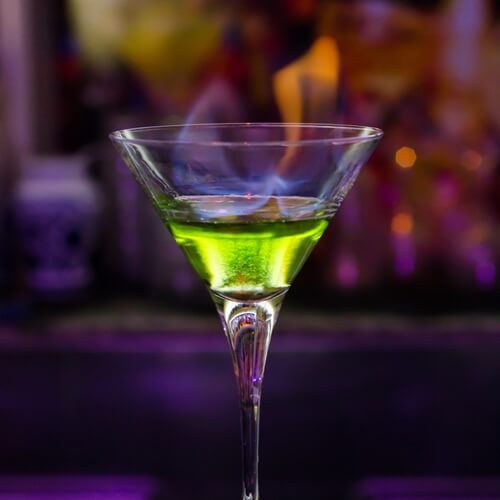How To Master Molecular Mixology

As technology becomes more advanced, food is moving along with it – and nothing makes this more apparent than the molecular gastronomy trend. In this school of cooking, chefs take a scientific approach to build a balanced meal. These days bartenders are catching on and upping the ante on signature and craft cocktails.
Want to learn the tenets of molecular gastronomy? Enroll in an online culinary arts program to get a solid understanding of the scientific principles involved.
What is molecular mixology?
Molecular mixology is the term designated to applying food science principles to drinks. Bartenders, like chefs, are trying to touch on as many senses as possible to create a lasting experience for the diner. Many times a gel – or flambe – element is added to drinks. This trend has made its way to popular restaurants and casual eateries – and some are even trying to recreate these cocktails at home.
Forbes interviewed Seattle-based mixologist Jamie Boudreau, who made a variety of drinks to demonstrate some of the principles. In one cocktail called a Kentucky Monk, he made a gelatin foam, beer-flavored simple syrup and a dust from an herb liquor. The syrup offers a familiar flavor in a new form, and the foam provides texture to the drink. That was an advanced example of someone using the tenets of molecular mixology to transform a cocktail.
Another more basic drink involves pouring a variety of spirits and liqueurs over each other to create a layered result. The key is that each liquid has a different density, and if poured carefully they won’t mix.
To fuel the buzz, there are kits specifically for novices who want to try their hand at this brand of gastronomy. The Cocktail R-Evolution Molecular Mixology Kit includes lessons and ingredients to learn emulsification, spherification and other scientific principles.
Understanding the science behind a dish not only creates a more consistent result, it also helps creators develop a better appreciation for food.


